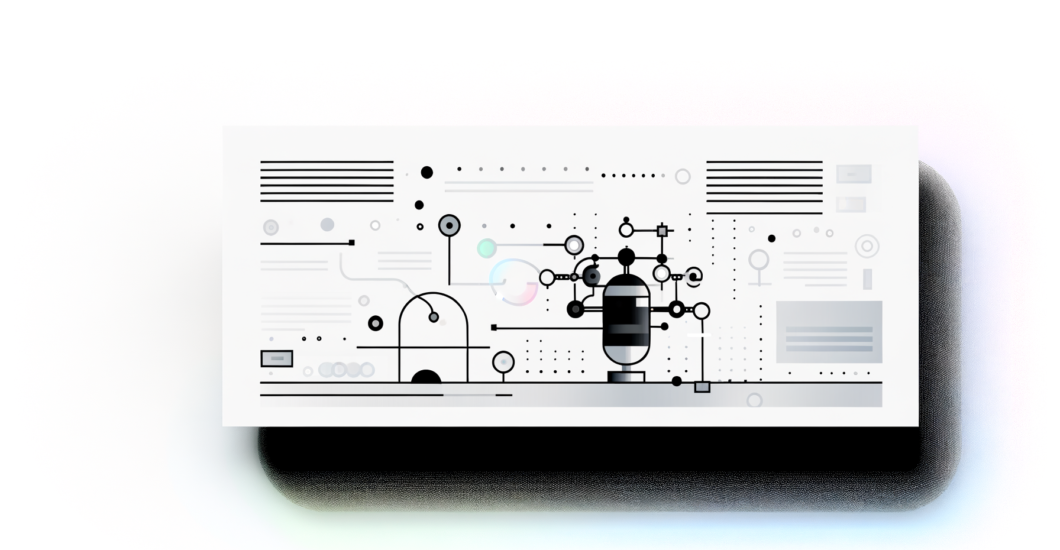The Future of Workflows: How AI is Revolutionizing Automation
As we move further into the 21st century, the world is witnessing an unprecedented technological shift that is reshaping the way we work. Artificial Intelligence (AI) is poised to revolutionize workflows across industries, enhancing productivity, reducing errors, and unlocking new potentials that were once thought to be the stuff of science fiction. Imagine a future where mundane tasks are seamlessly handled by intelligent systems, allowing human creativity and strategic thinking to take center stage. In this article, we’ll explore how AI is transforming workflows, the implications for businesses, and what this technological leap means for the workforce of tomorrow.
Understanding AI’s Role in Workflow Automation
To grasp how AI is revolutionizing automation, we must first understand its role within workflow structures. Traditionally, workflows have relied heavily on manual processes, leading to inefficiencies and a high incidence of human error. AI technologies, including machine learning and natural language processing, are now transforming these systems. With the ability to analyze vast datasets in real time, AI streamlines operations, allowing businesses to execute tasks with precision and speed.
For example, consider how AI-driven chatbots can handle customer inquiries 24/7, providing immediate assistance and freeing up human agents to tackle more complex issues. This shift not only enhances customer satisfaction but also allows organizations to reallocate resources efficiently. Additionally, AI can optimize supply chain logistics by predicting demand fluctuations, therefore ensuring that businesses operate at peak efficiency.
Enhancing Decision-Making Through Data Intelligence
One of the most profound impacts of AI on workflows is its ability to enhance decision-making through data intelligence. In a world awash with information, making informed decisions quickly is a competitive advantage. AI systems can process and analyze data faster than any human could, providing actionable insights that guide strategic planning.
Imagine a marketing team utilizing AI to analyze customer behavior patterns. By examining data from various sources—social media, purchase history, and web interactions—the AI can identify trends and recommend personalized marketing strategies. This not only increases campaign effectiveness but also fosters a deeper connection between brands and consumers. As a result, organizations that harness this data-driven approach can pivot swiftly in response to market changes, making them more agile and responsive than their competitors.
AI and Workforce Evolution: Skills of the Future
The integration of AI into workflows inevitably leads to a redefinition of job roles and required skills. While some fear that automation will lead to job losses, the reality is that AI is creating a demand for new skills that emphasize collaboration between humans and machines. Roles that require creativity, critical thinking, and emotional intelligence will become increasingly valuable, as these are areas where human capabilities far surpass those of machines.
Organizations must invest in upskilling their workforce to prepare for this shift. Upskilling initiatives should focus on data literacy and the use of AI tools, enabling employees to become adept users of emerging technologies. In this way, the workforce can leverage AI to enhance their productivity and efficiency, ultimately driving innovation within organizations.
The Challenges Ahead: Ethical Considerations and Data Security
Despite the monumental benefits AI brings to workflow automation, it also presents significant challenges that must be addressed. Ethical considerations relating to data privacy, security, and algorithmic bias are at the forefront of discussions about AI deployment. As businesses rely on AI to collect and analyze data, they must ensure that this information is handled responsibly, maintaining transparency and fostering trust among consumers.
Additionally, companies must be vigilant about securing their systems against cyber threats. As AI implementation grows, so does the potential for misuse, making it crucial for organizations to establish robust cybersecurity measures. By addressing these challenges proactively, businesses not only safeguard their operations but also position themselves as responsible leaders in the AI landscape.
Conclusion: Embracing the Future of Workflows
The future of workflows is undeniably intertwined with the advancements in AI technology. From enhancing efficiency and decision-making capabilities to reshaping workforce dynamics, AI is set to transform the very fabric of how we work. However, as we embrace this new reality, it is critical to navigate the challenges that accompany such a significant shift. By prioritizing ethics, upskilling employees, and fostering responsible AI practices, businesses can harness the full potential of automation while ensuring a prosperous future for their workforce. The question is no longer whether AI will impact our work; it’s how we adapt and thrive in this new era of workflow innovation.


